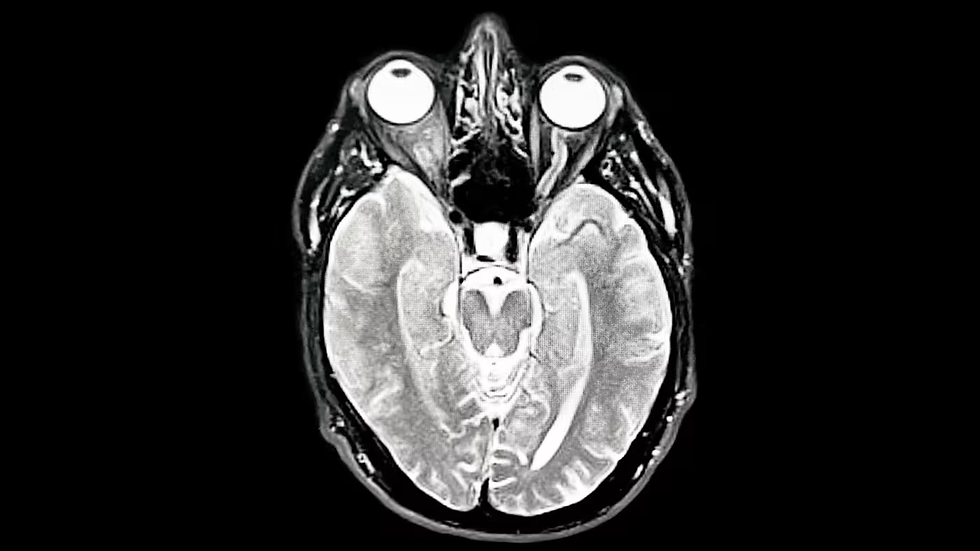Preliminary Findings: Potential of Manuka Honey in Breast Cancer Treatment
- Melissa Santañez
- Aug 26, 2024
- 2 min read
Recent studies on Manuka Honey reduces breast cancer cell growth by 84% in human cells and mice.
Manuka honey, a unique type of honey produced in New Zealand from the nectar of the Manuka bush, has garnered significant attention in recent years for its potent antibacterial, anti-inflammatory, and antioxidant properties. Beyond its well-known benefits in wound healing and digestive health, emerging research suggests that Manuka honey may hold promise in the fight against cancer, including breast cancer. However, it is crucial to approach these findings with caution, as the majority of research conducted so far has been limited to laboratory and animal studies, with human clinical trials still in their early stages.
The Science Behind Manuka Honey's Anti-Cancer Properties
Several in vitro (lab-based) and animal studies have explored the potential anticancer effects of Manuka honey. Key findings from this research include:
Induction of Apoptosis: Some studies have demonstrated that Manuka honey can induce apoptosis, or programmed cell death, in breast cancer cells. This is a critical mechanism through which the body naturally eliminates damaged or harmful cells, including cancer cells.
Inhibition of Cancer Cell Proliferation: Manuka honey has been shown to inhibit the growth and spread of cancer cells in various studies. For example, research published in PLOS One revealed that Manuka honey exhibited anti-tumor effects against breast cancer cells by inhibiting their proliferation and promoting apoptosis.
Anti-Inflammatory and Antioxidant Effects: Chronic inflammation and oxidative stress are known contributors to cancer development. Manuka honey’s anti-inflammatory and antioxidant properties may help mitigate these risk factors, potentially reducing the likelihood of cancer progression.
Manuka honey offers promising potential in the fight against breast cancer, with early studies showing it may help inhibit cancer cell growth and promote cancer cell death. However, until more extensive research, particularly human clinical trials, is conducted, it is premature to declare Manuka honey as an effective cancer treatment. As with any emerging treatment, scientific rigor and patient safety must guide our understanding and application of these findings.
For now, Manuka honey remains a fascinating natural product with potential benefits, but more research is needed before it can be confidently recommended as part of a breast cancer treatment plan.








Comments